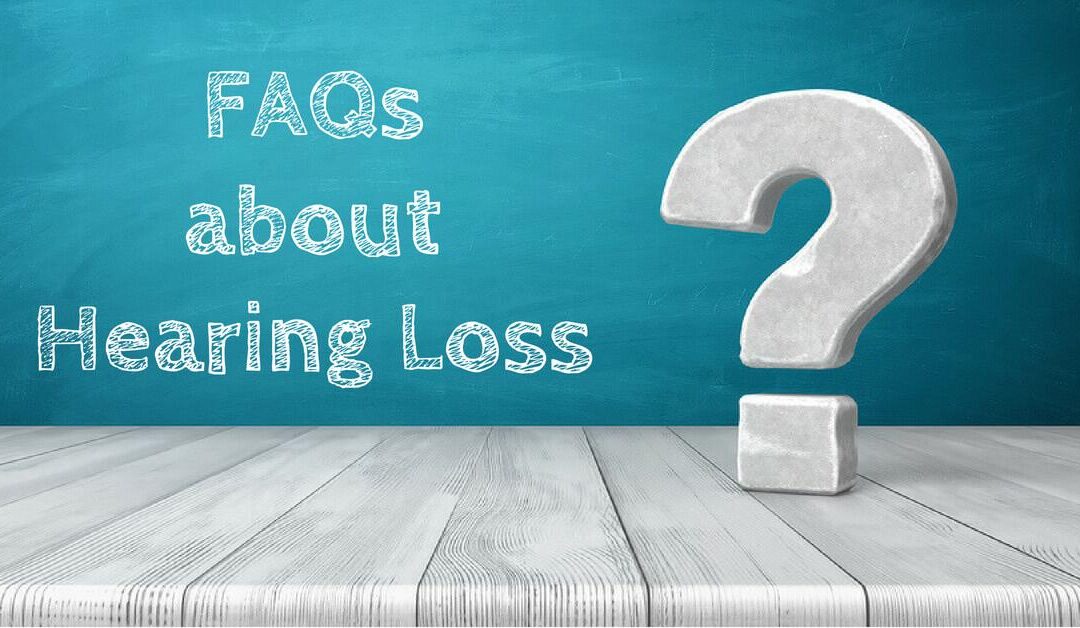“Why does my family insist I have hearing loss when I’m not noticing a problem?”
If you have a mild hearing loss, you may not be aware of it, but your family will. Your family and close friends are more likely to notice that you are not understanding conversations in groups or even misinterpreting what is being said before you notice you are having trouble.
“Wouldn’t my primary care doctor have said something to me if I had a hearing loss?”
That’s not always the case. Since about only 13% of physicians routinely screen their patients for hearing loss during their annual visits, your hearing loss could be missed. Also, since you may hear your doctor pretty well when he/she is looking directly at you while speaking to you in a quiet exam room, your doctor may not notice your hearing loss.
“How common is hearing loss?”
It’s common enough for 48 million Americans to have some form of it. Hearing loss is the third most prevalent chronic health condition in the United States among older adults and is more prevalent than diabetes or cancer.
“Who has hearing loss?”
1 of 3 people over the age of 65 have some degree of hearing loss while 2 of 3 people over the age of 75 have some degree of hearing loss.
Approximately 3 million children in the United States have a hearing loss while an estimated 1 in 5 American teens experience some degree of hearing loss. Sadly, even a mild hearing loss can cause a child to miss as much as 50% of classroom discussion.
Interestingly, 1 out of 5 men report some degree of hearing loss while 1 out of 8 women do.
On a side note, tinnitus (ringing in the ears) affects 50 million people in the United States.
“What are the early signs of hearing loss?”
Some clues that you may be starting to experience some loss of hearing include asking others to repeat themselves because you are having difficulty hearing conversations clearly, particularly in the presence of background noise. Another indicator is needing to listen to the TV or music at a louder volume than others.
“Is hearing loss really linked to dementia?”
Yes, it is! The risk of dementia may be up to 5 times greater for those with hearing loss. Several studies have even indicated that people with hearing loss may develop cognitive decline earlier than those with normal hearing do.
A study published in the Journal of the American Geriatrics Society has concluded that dementia can be delayed in those with hearing loss by wearing hearing aids. You can read the abstract of the study by clicking here: https://agsjournals.onlinelibrary.wiley.com/doi/10.1111/jgs.16109
“What else is hearing loss linked to?”
We are glad you asked. Those with an untreated hearing loss have an increased risk of accidental falls. A reason why the risk of falling is increased is because someone with an untreated hearing loss has less spatial and environmental awareness, basically, they can’t hear what is around them very well.
Anther reason why the risk of falling is increased is because of cognitive overload. What that means is that someone with an untreated hearing loss uses much of their mental resources to focus on and interpret speech that they have fewer resources to maintain their balance.
“What is the leading cause of hearing loss?”
Noise exposure is the leading cause of hearing loss. Noise induced hearing loss is very preventable. Taking precautions to protect your hearing is as simple as staying away from noisy situations or wearing hearing protection if those situations are unavoidable. The 22 million Americans that are exposed to hazardous noise levels in the workplace need to take precautions against noise induced hearing loss to keep their hearing safe.
Hearing loss can also be caused by the aging process, genetics, ototoxic medications and treatments, cardiovascular disease, diabetes, kidney disease, and high blood pressure…..
“Do I need a hearing aid?”
We don’t know yet. There are several options available to treat a hearing loss, but we don’t even know yet if you have a hearing loss. The only way to find of if you truly have a hearing loss and what options are available to you is to see your hearing health care provider.
“What am I supposed to do now?”
The first step in taking care of your hearing health is to set an appointment with an experienced hearing health care provider, such as the Audiologists at Lemme Audiology Associates, for a hearing evaluation. The results of your evaluation will show the degree and type of hearing loss you have and what path of treatment would be best for you. Here at Lemme Audiology Associates, we will answer all the questions you have about your hearing loss and make sure you are informed about your treatment options so you and your family can make an informed decision.
To schedule your hearing evaluation and discover what options are available to you, just call Lemme Audiology Associates at (814) 941-7770.

